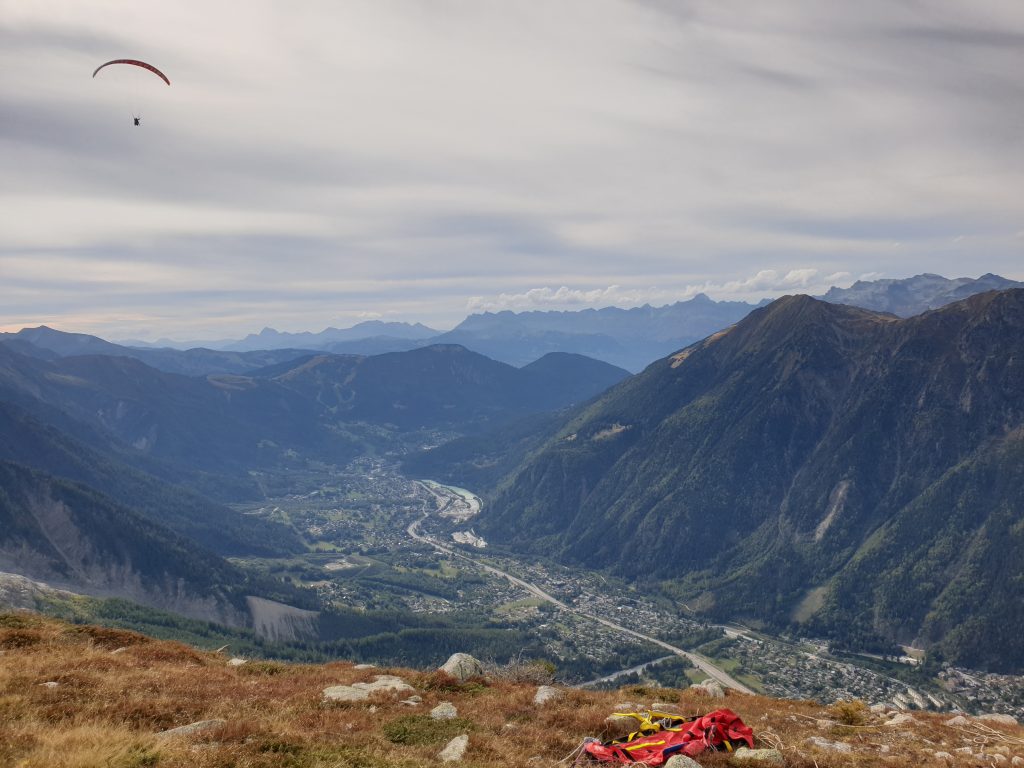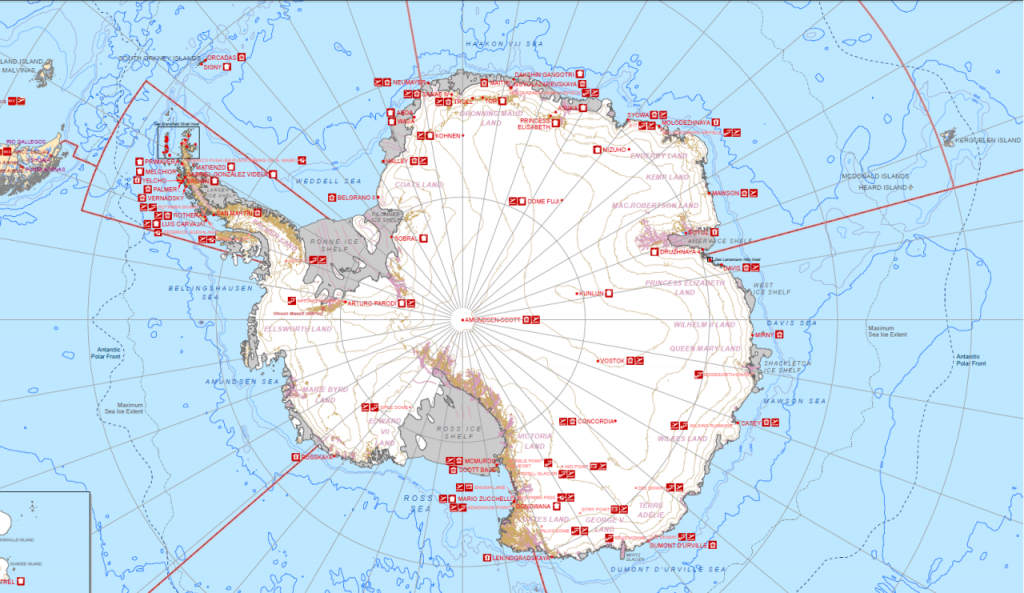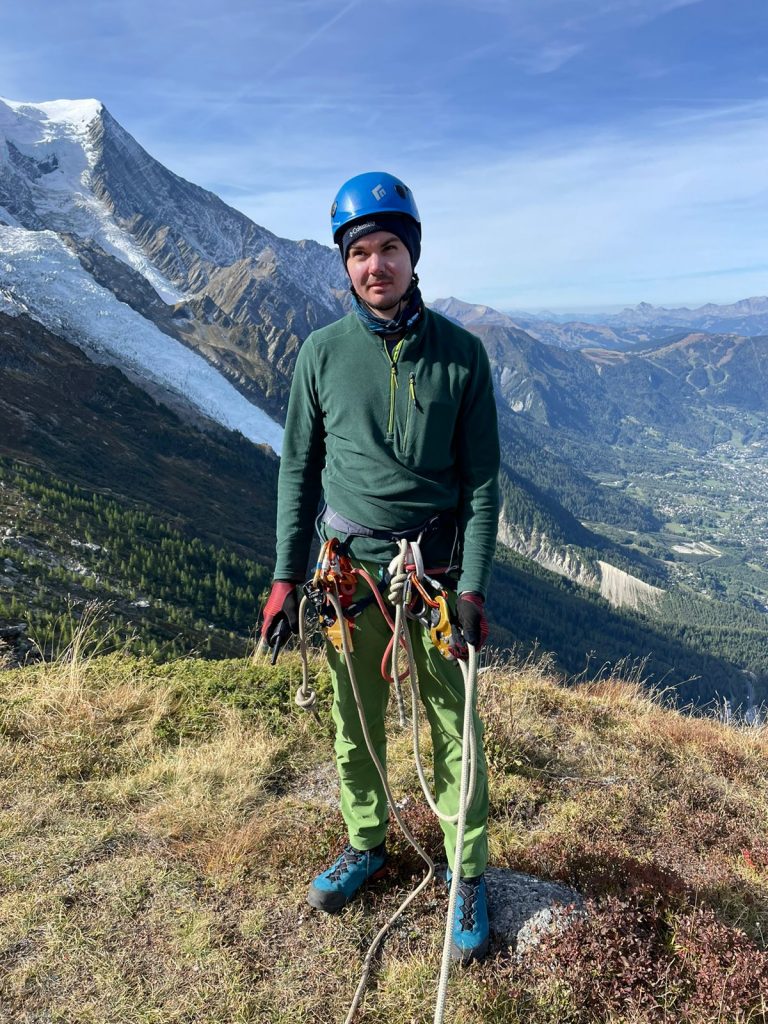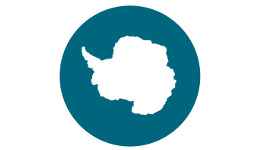Dr. Sascha Freigang is the ESA-sponsored medical doctor from Germany spending 12 months at Concordia research station in Antarctica for the 2022-23 season. He facilitates a number of experiments on the effects of isolation, light deprivation, and extreme temperatures on the human body and mind.

Hello everyone from the new person behind this blog for one year. In the past, I was greatly fascinated by reading this Concordia blog and it is a true privilege to be writing it myself now. As the other ESA research MDs before, I would like to give a personal insight into the journey that comes with a season at Concordia, my motivation, the research, the preparation and the experience at the station. To put my point of view into perspective, it seems appropriate to introduce myself shortly. After school, I spent some years in prehospital care as a paramedic, before pursuing medical school in Austria and becoming a doctor. After an academic detour into neuroscience in London, UK, I finally found myself training to become a neurosurgeon. I have always been fascinated by space flight, had an interest in research and the desire to make meaningful contributions to the scientific community. Therefore, the ESA biomedical research program at Concordia seemed like one of the greatest personal and professional goals I could think of and led me to my application.
On the way to Concordia, during a relatively short period in Christchurch New Zealand, I started writing this first blog entry. Relatively short in comparison to the previous, Covid-shaken seasons, still long enough to facilitate anticipation and excitement of what lied ahead. The transfer to Antarctica and finally the arrival at Concordia has its own logistic challenges. This year being complicated by the thin ice sheet at Mario Zucchelli station unable to support large incoming aircrafts at the start of the season, a flight to the American McMurdo station was planned, further complicated by the still omnipresent Covid pandemic, which does not spare Antarctic stations. The calm days in Christchurch seemed to be the perfect timepoint to start sharing my experience. While my mission was still to begin, an interesting journey this year had led me to this point.
Early 2022, a day I vividly remember, I received an email from ESA, inviting me to an online interview for the Concordia position. Ever since this moment, my whole year was mainly spinning around going to Concordia. After another interview in Paris, alongside thorough medical and psychological testing, I received an email that I had been selected. Needless to say, that this was, and still is, a dream come true. Although I have had put much thought into going to Concordia, the challenges and perks, the significance of the task ahead slowly sank in even more, increasing motivation and excitement, but also making me very humble. Over the summer months, I have had the pleasure to meet many researchers behind the projects I would conduct. At this point I want to thank all of them again for their hospitality and the time we had (in case anyone of them reads this blog). As autumn came closer, it was time to venture on the final preparation before the big departure. As it is the research MDs responsibility to lead the rescue team at Concordia, I received training in the French alps and suddenly found myself rappelling down a cliff. No challenge for mountaineers, but still a leap of faith for myself. All factors, the companionship, location and professionalism made this an amazing experience and after one week, it was time to meet the winter-over crew for 2023. During another week, we got to know each other, were taught about specifics of Concordia and spent a Biwak in the French countryside. The final stage led the winter-over crew to Cologne, in the :envihab within the German Aerospace Centre (located just next to the European Astronaut Centre; EAC). Here the team spent one week collecting baseline data for all projects I would conduct during the next year. This meant filling out a lot of questionnaires, measurement of body composition, cognitive performance tasks, and all kinds of body fluids taken. We wrapped up this final week of preparation and ended with a short visit to the EAC, which felt like the perfect reminder, what most of the studies are about- human space exploration.

This leads me to the motivation to go to Concordia. And I certainly speak for many readers when I say that I am deeply fascinated by space flight. I cannot even say when exactly this fascination started but I can remember watching Space Shuttle launches and the movie Apollo 13 with my brother. The idea of contributing to space exploration is my greatest motivation as I believe that human space exploration is one of the most important explorative frontiers of our future. For myself, it is safe to say that I feel very privileged to make a small contribution to help people live in space, on the moon and beyond.
Space exploration is about humanity and despite looking into the night sky and dream about space, it is important to me to also mention the people behind these projects. Going to Concordia is a great team effort and many researchers worked hard over years to make these projects a reality, therefore I am incredible grateful to do the data collection at Concordia. The time before leaving for Antarctica is special and I want to thank my family and my partner for putting up with my fixation on this extraordinary mission. The next blog will be written at Concordia, and I will try to share how I experienced the first days.






Discussion: one comment
Curious to read more from Concordia Station.